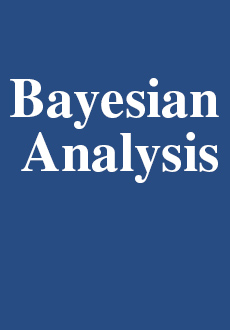Abstract
Bayesian calibration of black-box computer models offers an established framework for quantification of uncertainty of model parameters and predictions. Traditional Bayesian calibration involves the emulation of the computer model and an additive model discrepancy term using Gaussian processes; inference is then carried out using Markov chain Monte Carlo. This calibration approach is limited by the poor scalability of Gaussian processes and by the need to specify a sensible covariance function to deal with the complexity of the computer model and the discrepancy. In this work, we propose a novel calibration framework, where these challenges are addressed by means of compositions of Gaussian processes into Deep Gaussian processes and scalable variational inference techniques. Thanks to this formulation, it is possible to obtain a flexible calibration approach, which is easy to implement in development environments featuring automatic differentiation and exploiting GPU-type hardware. We show how our proposal yields a powerful alternative to the state-of-the-art by means of experimental validations on various calibration problems. We conclude the paper by showing how we can carry out adaptive experimental design, and by discussing the identifiability properties of the proposed calibration model.
Funding Statement
MF gratefully acknowledges support from the AXA Research Fund and the Agence Nationale de la Recherche (grant ANR-18-CE46-0002 and ANR-19-P3IA-0002).
Citation
Sébastien Marmin. Maurizio Filippone. "Deep Gaussian Processes for Calibration of Computer Models (with Discussion)." Bayesian Anal. 17 (4) 1301 - 1350, December 2022. https://doi.org/10.1214/21-BA1293
Information





